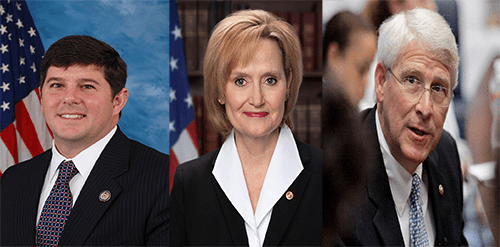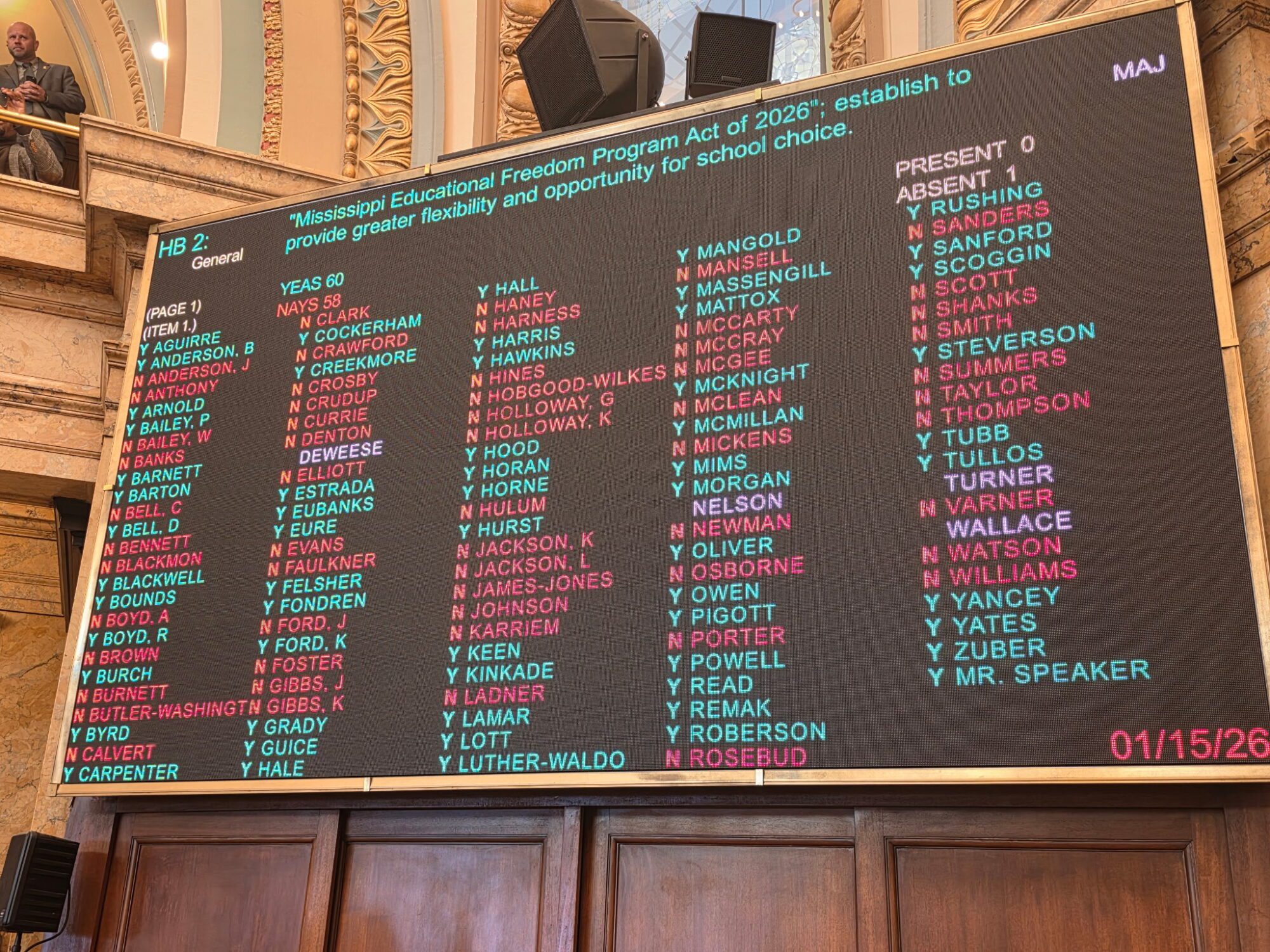
Tuesday morning, the Mississippi Senate took up SB 2257, a bill that would allow for the State Auditor of Mississippi to examine tax returns of individuals who receive benefits like Medicaid, Temporary Assistance for Needy Families (TANF) and others. It passed by a vote of 34-15.

Sen. Josh Harkins, Chair of the Finance Committee, presented the bill in the Senate and argued that it is legislation that falls in line with what he called a recent federal mandate. He said that this would not be an audit of an individual’s tax returns; it merely allows for the Auditor to review those returns submitted by individuals who were approved for these benefits.
Harkins explained that in 1996 the Office of Management and Budget issued a compliance supplement that was mandated by law at the time.
“It created uniformity across the board among State Auditors,” said Harkins. “This gives them an idea of what the federal government is looking for in their audit.”
He said the bill is pretty black and white. While the Division of Medicaid currently audits upwards of $900 million that is provided by the state, the federal government also wants to audit the $5 billion coming from them. He said this legislation is their way of doing that.
“To me, it’s two fold. Not only does it check the success-rate of people that are actually eligible to be on Medicaid, it also looks at the agency to make sure they’re doing it properly,” said Harkins. “We are basically providing some accountability with tax dollars.”
Harkins insisted that the legislation does not give the Auditor the ability to kick people off Medicaid. It would allow his office to reveal their findings to the Division of Medicaid and the federal government where they would make any final decisions.
Sen. John Horhn argued that the problem does not lie with the beneficiaries of these programs, but with the providers.
“This is a policy, it is not a mandate; it is a recommendation. It does not require states to perform audits of recipients. That is our decision,” said Horhn. “This is a policy that punishes the poor, like many other policies in our state.”
This bill comes to the floor just days after the Auditor’s office arrested six people affiliated with an embezzlement scheme in the Department of Human Services that allegedly stole over $4 million from grants programs, including TANF.
Horhn said he applauds the work that Auditor Shad White is doing to rid the state of fraud, but “shame on us” if the Senate passes this bill as it is not required and will punish the poor.
Many Senators argued the urgency of passing this bill, after it was moved through committee so quickly last week. Harkins said there are requirements that these reports of particular programs must be filed with the federal government by March 31, 2020. He said compliance with this federal law comes straight from Auditor White.
Sen. Angela Hill said she has personally witnessed individuals abusing Medicaid benefits when they did not meet the financial requirements. She said often times a beneficiary is not required to submit some financial records which would show that they have a much higher income, yet they draw on Medicaid for treatment.
“Benefits like TANF and Medicaid need to be reserved for those who absolutely need the assistance. I support this bill, “ said Hill. She also added that she turned those particular individuals in to the Division of Medicaid when she became aware of the misrepresentation of finances she witnessed.
The bill reads:
“The State Auditor and the employees of his office shall have the right to examine only such tax returns as are necessary for auditing the Department of Revenue * * * and auditing benefits administered under the United States Department of Health and Human Services and the United States Department of Agriculture. The same prohibitions against disclosure which apply to the Department of Revenue shall apply to the State Auditor and his employees or former employees”
As the bill was argued on the floor many Senators expressed concern that the legislation was unnecessary as the state is already regularly working to make redeterminations of Medicaid recipients.
“My main concern is that 98 percent of people that applied for TANF benefits were denied while only 2 percent were approved. Why are we not auditing the 98 percent who were rejected to ensure that they were denied with good reason,” said Sen. David Blount.
The question really boils down to whether or not the State Auditor should have the authority to regularly access the tax returns of those who receive government assistance and determine their eligibility.
“Will this bill bring accountability to the system, efficiency to the system and by bringing accountability, will it preserve the benefits in the system for those who really need it,” asked Senator Brice Wiggins.
“Yes,” said Sen. Harkins.
One amendment to the bill offered by Sen. Barbara Blackmon was adopted. It requires a two year repealer if the bill is signed into law. Sen. Harkins did not oppose the amendment.
Before adjournment, Sen. Horhn entered a motion to reconsider on the bill.













